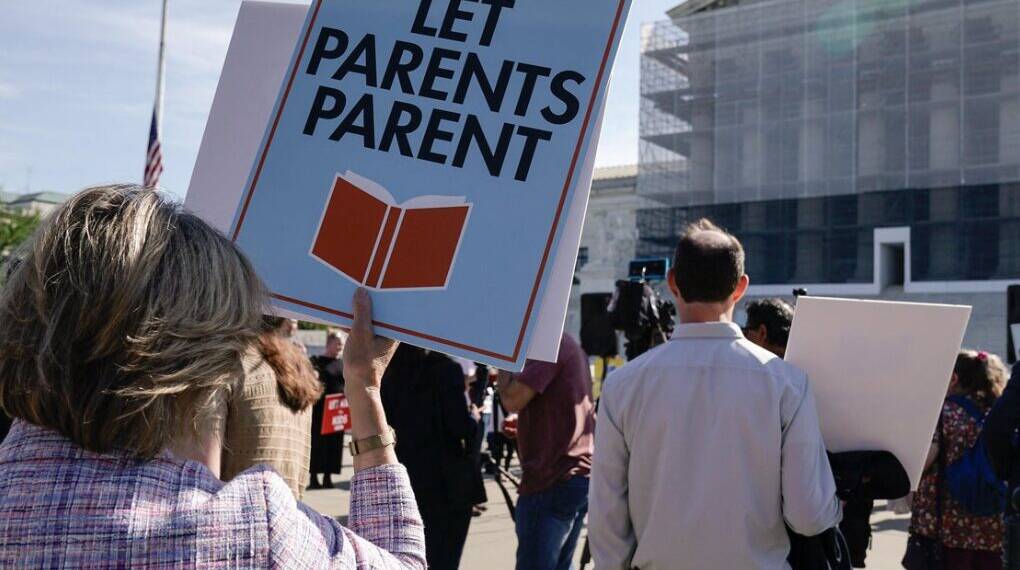The Supreme Court’s 6-3 decision in Mahmoud v. Taylor marks a significant victory for Republicans and the broader parental rights movement, reinforcing long-held conservative principles about family autonomy, religious freedom, and limits on government power in public education.
Why This Is a Win for Republicans
For years, Republicans have argued that parents—not bureaucrats or school boards—should have the final say over what their children are taught in public schools, especially on issues that touch on deeply held beliefs about faith, morality, and family. The Supreme Court’s ruling, delivered along ideological lines with all six Republican-appointed justices in the majority, affirms that view by holding that public schools cannot force children to participate in lessons that violate their families’ religious convictions.
Justice Samuel Alito, writing for the Court, made it clear: the government “substantially interferes with the religious development of their children and imposes the kind of burden on religious exercise” that the Constitution does not allow. The decision orders schools to notify parents in advance when LGBTQ+-inclusive storybooks will be used and to allow opt-outs, restoring a key parental right that many conservatives felt was being eroded by progressive education policies.
The History: Parental Rights and Religious Freedom
The Republican Party has a long history of championing parental rights in education. This goes back to debates over prayer in schools, sex education, and more recently, curriculum transparency and the right to opt out of lessons on topics like gender identity, sexuality, and race. The party has consistently argued that public schools should not be vehicles for what they see as ideological indoctrination, but should respect the diverse values of American families.
The case in Maryland began when Montgomery County Public Schools introduced LGBTQ-themed books for elementary students and, after initial opt-outs, ended the policy, citing administrative burden. This triggered a lawsuit from a diverse coalition of religious parents—Muslim, Catholic, and Orthodox Christian—who argued that the policy infringed on their First Amendment rights. Lower courts sided with the school board, but the Supreme Court’s conservative majority reversed those decisions, reinforcing the constitutional protection of religious exercise in the public sphere.
Broader Implications: Shaping the National Conversation
Republicans see this ruling as a pivotal moment in the ongoing battle over the direction of American education. It strengthens the legal foundation for parental opt-outs nationwide, setting a precedent that could apply to other contentious issues in school curricula. The decision also aligns with recent Republican-led efforts at the state level to increase curriculum transparency, empower parents, and push back against what they view as progressive overreach in schools.
Education Secretary Linda McMahon, representing the Trump administration, called it “a great day for parents and education champions,” emphasizing that schools “can’t shut parents out or disregard their religious obligations to their children”. For Republicans, this is not just a legal win, but a validation of their broader campaign for family values and local control.
Looking Ahead
While the Democrats warn the ruling could create administrative challenges for schools and undermine inclusive education, Republicans argue it restores a fundamental balance—ensuring that public schools serve families, not the other way around. As debates over curriculum and parental rights continue to shape politics across the country, the Supreme Court’s decision in Mahmoud v. Taylor stands as a landmark victory for conservative principles and the rights of parents in America’s public schools.








